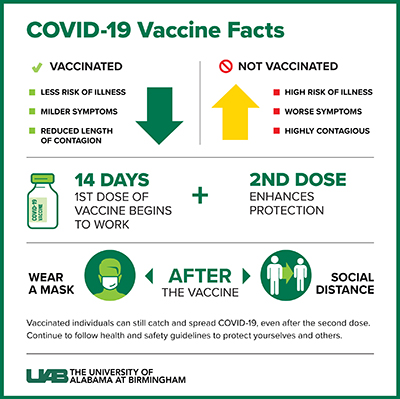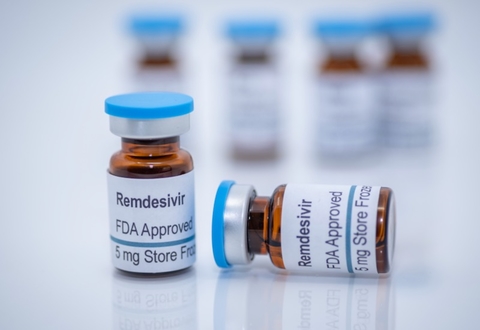The COVID-19 vaccine side effects a person may feel are not contagious. However it gets complicated when you factor in other people.
You can still get infected if you are careless with your health protocols Retuya said.

Are you contagious after getting a vaccine. After youve been fully vaccinated against COVID-19 you should keep taking precautions in public places like wearing a mask staying 6 feet apart from others avoiding crowds. They note the immunity from the vaccine doesnt begin. People who are currently sick with the novel coronavirus cannot receive a vaccine for.
Can you drink alcohol after getting the coronavirus vaccine. Vaccine immunity is stronger than natural immunity. But a question that theres still no solid answer to is whether people whove been vaccinated can still carry the virus and potentially spread it.
The short answer is no youre not contagious if you develop side effects from the two COVID-19 vaccines that have been approved for use in the US. After you are fully vaccinated you may be able to start doing some things you had stopped doing because of. We are still learning how vaccines will affect the spread of COVID-19.
Amber DSouza PhD professor of epidemiology at the Johns Hopkins Bloomberg School of Public Health tells Verywell that symptoms after vaccination do not represent infection which means its not the same as being infected with the virus. The Centers for Disease Control and Prevention notes in their COVID-19 vaccine guidance that fully vaccinated people can gather together indoors without social distancing or masks. A USA STUDY reveals the truth Those who are VACCINED do not get sick and do not TRANSMIT the virusWho gets vaccinated does not just not gets sick ma it does not even transmit the infection and therefore it is not contagious even Continue reading Can you get.
People whove had COVID-19. See more stories on. Can you get infected and become contagious even after the vaccine.
For COVID-19 vaccines that require 1 shot it takes about two weeks after vaccination for your body to build protection. Instead they are a result of the bodys normal immune response. Theoretically a vaccine should stop both the infection as well as the transmission and spread said Dr.
To completely prevent infections more of the population needs to get vaccinated. Health experts have also expressed concern about new and emerging variants of the virus which are believed to be more contagious. The Centers for Disease Control and Prevention said even after being vaccinated a person can still contract or spread the virus even when they are.
Experts say people can still spread and even develop COVID-19 after getting a vaccine. He added that the primary purpose of the vaccine is to prevent anyone from getting severely sick with. Its a question some have been asking as eligibility in Illinois continues to expand and more people prepare for.
Breakthrough infections are typically mild and may be less contagious than regular cases. If vaccinated people are silent spreaders of the virus they may keep it circulating in their communities putting unvaccinated people at risk. Yes even if youve had the virus you should absolutely get the vaccine.
A lot of people are thinking that once they get. In all cases people will not be contagious because of a COVID vaccine dosage. So when you are infected with the severe acute respiratory syndrome coronavirus 2 SARS-CoV2 stay away from others and isolate yourself until you are no longer contagious.
It takes time for your body to build protection after any vaccination. COVID-19 vaccines that require 2 shots may not protect you until about two weeks after your second shot. Therefore you cannot spread the side effects of the vaccine to other people.
For a complete breakdown of the three vaccines click here. Purvi Parikh an immunologist with the nonprofit Allergy Asthma Network and a.

